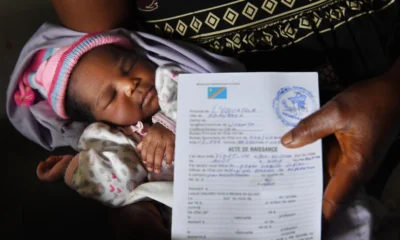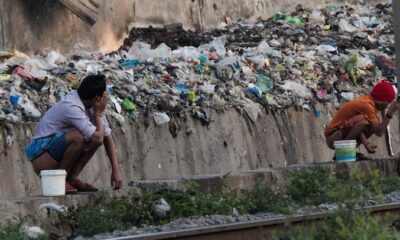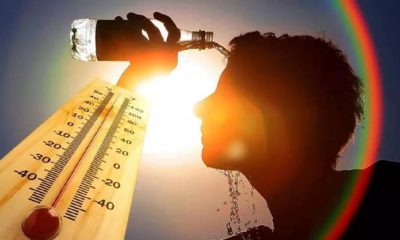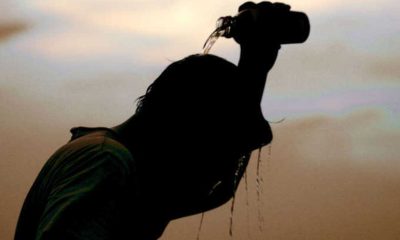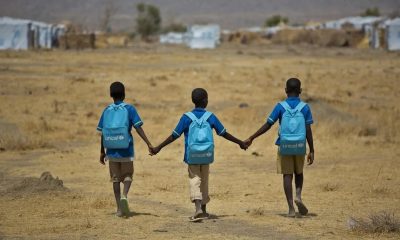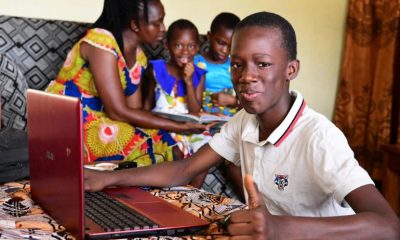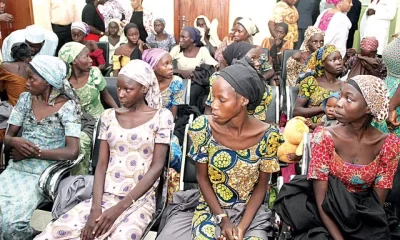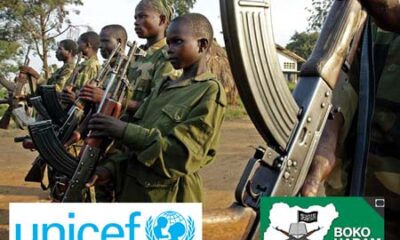NEWS
Heatwaves in Europe, Central Asia claim over 300 children’s lives — UNICEF
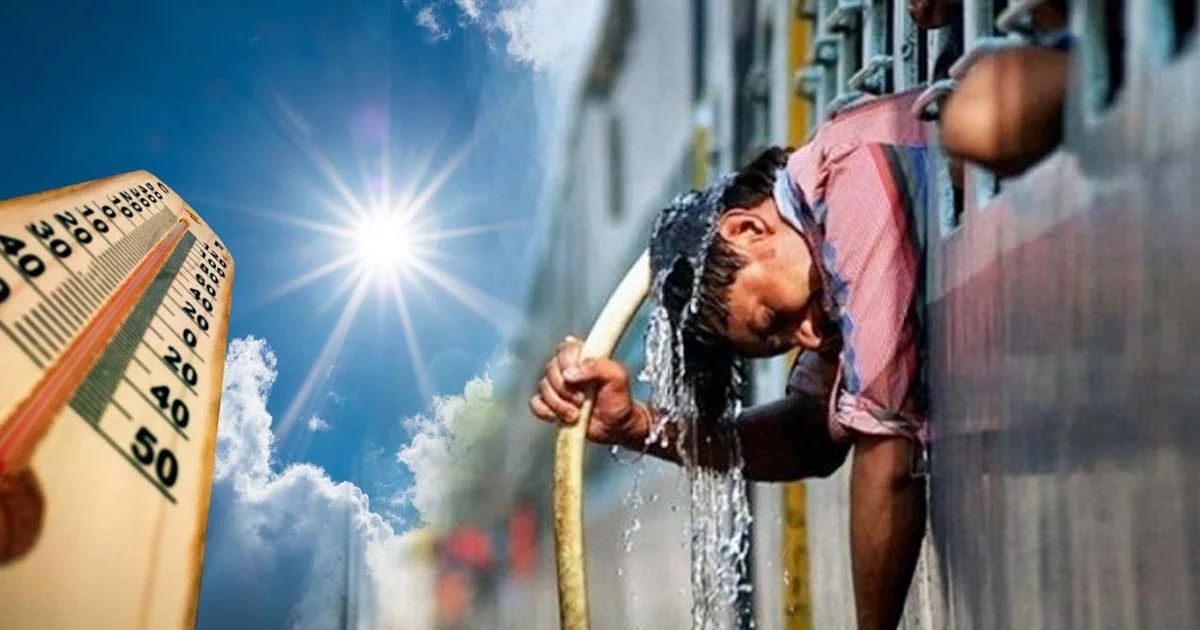
Heatwaves in Europe and Central Asia have led to the deaths of over 300 children each year, according to new data released by the UN Children’s Fund (UNICEF) on Wednesday.
The analysis revealed that in 2021, 377 children died due to heat-related illnesses in 23 countries across the region. Alarmingly, half of these deaths occurred within the first year of the children’s lives.
Regina De Dominicis, UNICEF Regional Director for Europe and Central Asia, highlighted that 92 million children, or about half of the region’s child population, are already exposed to frequent heatwaves. The region is experiencing some of the fastest-rising temperatures globally.
Read Also:
Kano State government issues heatwave safety advisory
Nigerian pilgrim falls down and dies due to excessive heat in Saudi Arabia
“High temperatures can severely impact a child’s health in a very short time frame,” said De Dominicis. “Without proper care, these complications can be life-threatening.”
UNICEF warned that heat exposure can affect children even before birth, potentially leading to pre-term births, low birth weight, stillbirths, and congenital anomalies. Heat stress can also directly cause death, hinder infant growth, and pave the way for pediatric diseases.
The report noted that extreme heat resulted in the loss of over 32,000 years of healthy life among children and teenagers in the region. June 2024 marked Earth’s hottest month on record, continuing a streak of thirteen consecutive record-setting months.
In response, UNICEF is urging governments in Europe and Central Asia to invest in “heat health action plans and primary healthcare” to better address heat-related illnesses in children. The agency also recommends investing in heat alert systems, ensuring educational facilities can reduce temperatures, and securing safe drinking water supplies.
Other suggested measures include equipping buildings to minimize heat exposure and developing strategies to mitigate the overall impact of heatwaves, especially on children.
UNICEF is collaborating with governments and communities to “build resilience against heatwaves” by training teachers, family members, and community health workers to combat heat stress effectively.

